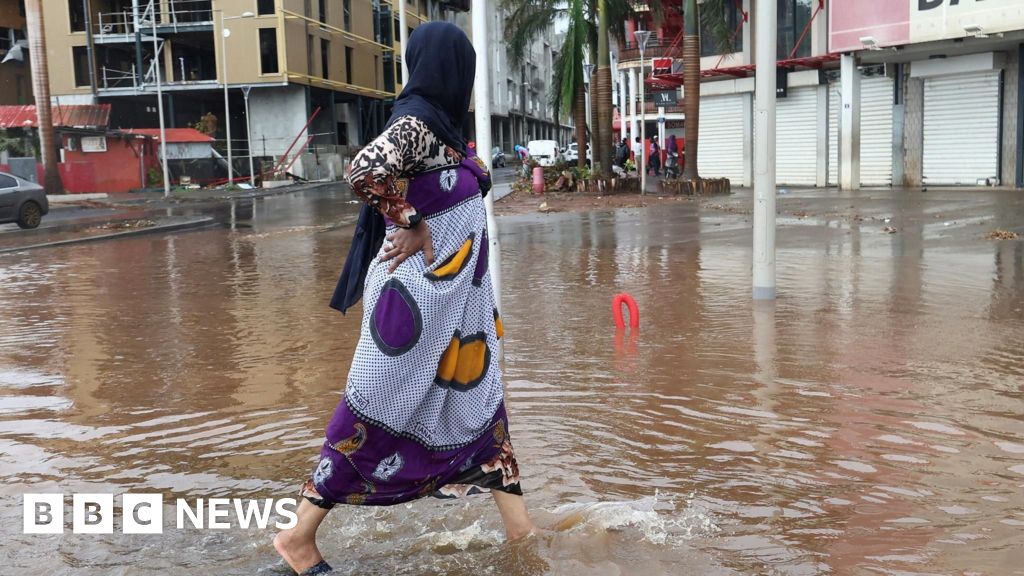Trust in science, vaccines, health experts and authorities is declining, causing preventable infections like measles to become much more common.
In Sweden, until the late 1960s, people drove on the left. But on September 3, 1967, the road rules changed. En masse, Swedes switched to driving on the right. If even a small percentage of drivers had rebelled and were still rebelling, “Sweden” today would be a synonym for chaos and death. Instead, “Sweden” might as well mean “safety”. It has the lowest driving death rate of any country in the European Union.
Why the success? Everyone trusted everyone else to make the switch. Of course, it was never likely to fail. Nigeria made a similarly smooth change in 1972 as did Samoa in 2009. With or without a switch, wherever in the world people drive, they usually do so on the basis of trust in, and respect for, road rules and other drivers following them.
What road rules are to crashes, vaccines and broader preventive healthcare are to illnesses and diseases. When trust in the former wanes, there’s a lot more of the latter. And in many places, when it comes to health, that’s exactly what’s happening. Trust in science, vaccines, health experts and authorities is declining. So preventable infections are becoming more common.
Last month, the organisation I lead made a payout from our International Federation of the Red Cross Disaster Response Emergency Fund (IFRC-DREF) to the Red Cross Society of Bosnia and Herzegovina. Most often, we use that fund to help national Red Cross or Red Crescent societies in the immediate aftermath of floods, droughts or mass population movements. This time the fund was used to help Bosnia deal with a measles outbreak caused by falling levels of vaccination. The rate of vaccination across the country is now below 60 percent, with parents increasingly reluctant to vaccinate their children. Since January there have been almost 3,000 cases – about three-quarters of unvaccinated children under nine. The Red Cross Society of Bosnia and Herzegovina will spend much of its allocated funds on mobile information units, travelling through affected areas to persuade people of the merits of getting a jab.
As one Red Cross colleague leading the response says, people are afraid of vaccinations: “There is lots of misinformation. Young parents, especially, are choosing not to vaccinate their children.”
The Red Cross Society of Bosnia and Herzegovina will work closely with communities to build trust. Lecturing won’t work; real community engagement and accountability should. Red Cross members will listen carefully to people’s opinions and will collaboratively design ways to build acceptance of why vaccines are so important. Building and sustaining trust within communities won’t happen overnight, but it’s essential. Communities play a key role in preventing and controlling epidemics. They need to be involved in co-designing solutions from the start and being involved throughout.
Bosnia and Herzegovina is far from alone in this. Kyrgyzstan’s measles outbreak began at the end of last year. The Red Crescent Society there is leading the campaign to debunk misinformation and discourage vaccine hesitancy; they’re aiming to reach 120,000 people. Over recent months, other national Red Cross and Red Crescent Societies have been supporting vaccination campaigns in The Philippines, Afghanistan, Pakistan, Burkina Faso, the Democratic Republic of the Congo, and Guinea.
In fact, almost everywhere in the world, measles cases are up. Across 41 countries in Europe, the World Health Organization (WHO) reported a 40-fold increase in 2023 compared with 2022. They called that an “alarming rise”. I call that an understatement. There are pockets of measles popping up across the United States where case numbers are at their highest in years. Overall, worldwide there was almost a doubling in cases, year on year between 2022 and 2023. So far, the numbers for 2024 are on track to be worse.
Trust is far from the only issue at play, and often not the biggest. Supply chains can be unreliable, with health facilities often out of stock or without staff able to vaccinate. Some people can’t get to places where there are medical supplies available or can’t get to them when immunisations are being offered.
But even where and when they can, they all too frequently do not.
So why the hesitancy about vaccines and suspicion of wider preventive healthcare precautions? In part, it’s a reluctance to trust healthcare professionals in the wake of misinformation that grew during the COVID-19 pandemic. I was in East Africa earlier this year where dreadful cholera outbreaks spread across many countries. Certainly – as I saw in Zambia – early detection of new cases is crucial, as is disinfection and establishing reliable sources of clean water. But building back trust matters, too. Neighbours of people infected with cholera are sceptical that their houses need to be disinfected as well as those of people with the disease. In Comoros where they are experiencing their first cholera outbreak in 17 years, people report being suspicious of the disinfectant sprays healthcare professionals use. IFRC-DREF grants have been made to four countries dealing with cholera since the start of the year, with a more extensive emergency appeal in place for Zimbabwe. Collaboratively building trust is at the heart of the work the money pays for.
In the 1960s, the terms “mis- and disinformation” were still decades away. There was no TikTok or WhatsApp to supercharge rumours.
Nowadays it’s not enough to have a solution to a problem; we have to engage communities and work with them to create trust in that solution. That is at the core of the work of the Red Cross and Red Crescent network.
The views expressed in this article are the author’s own and do not necessarily reflect Al Jazeera’s editorial stance.

 8 months ago
37
8 months ago
37










